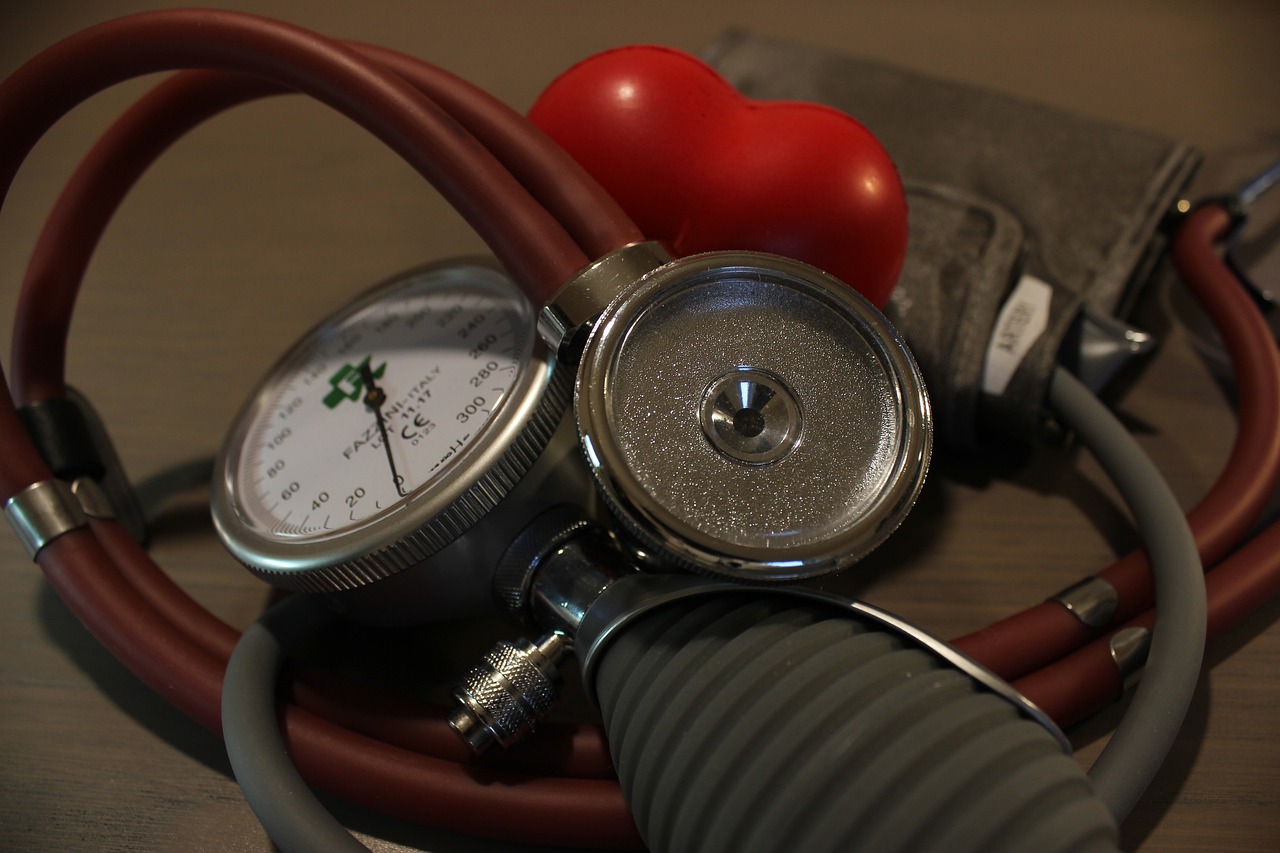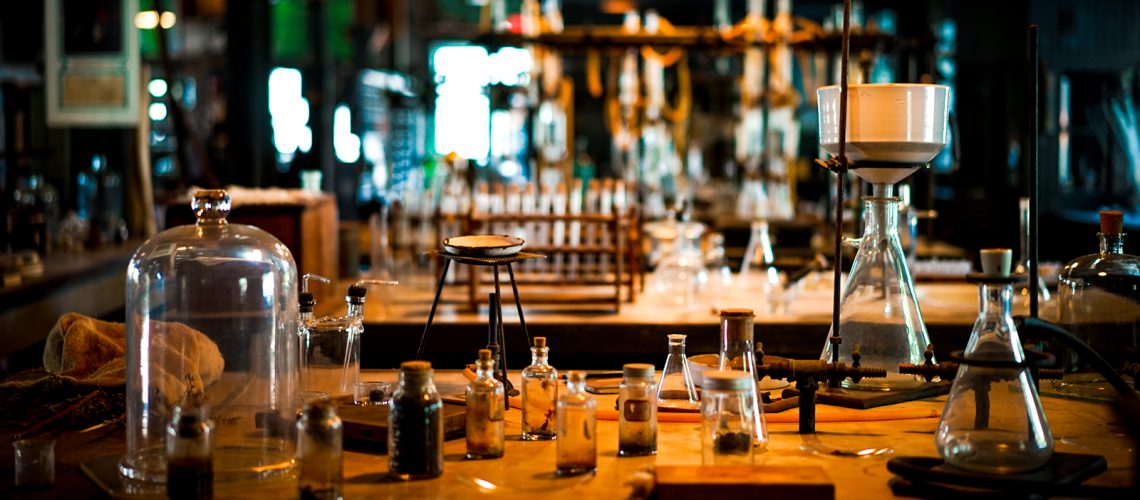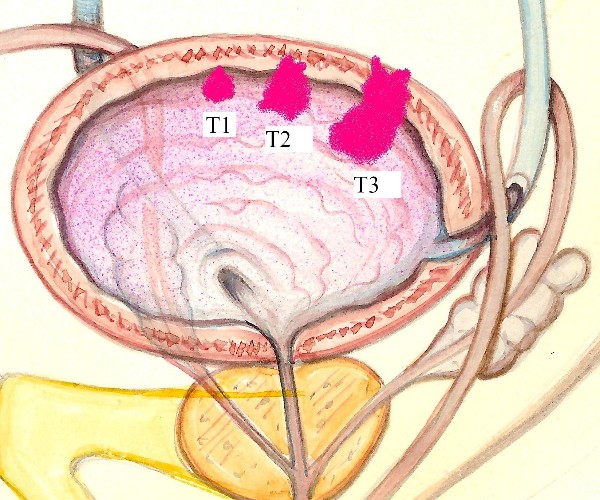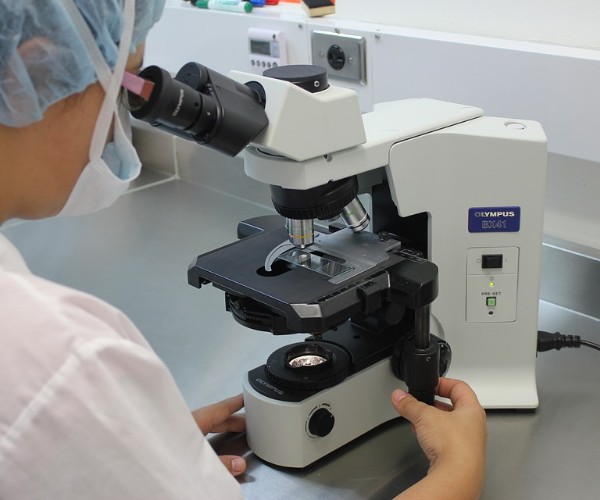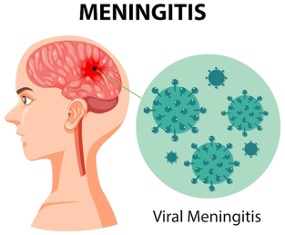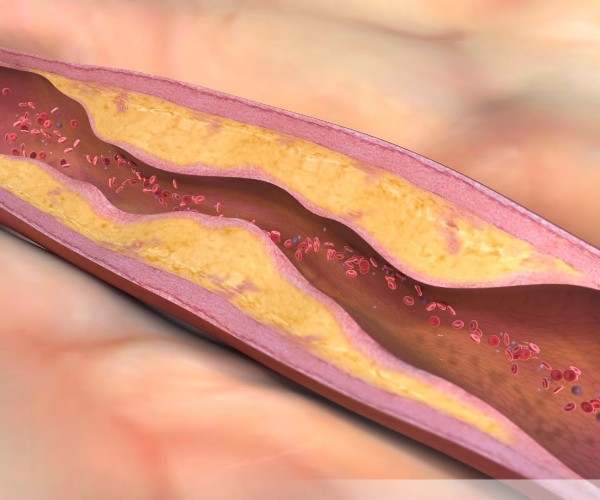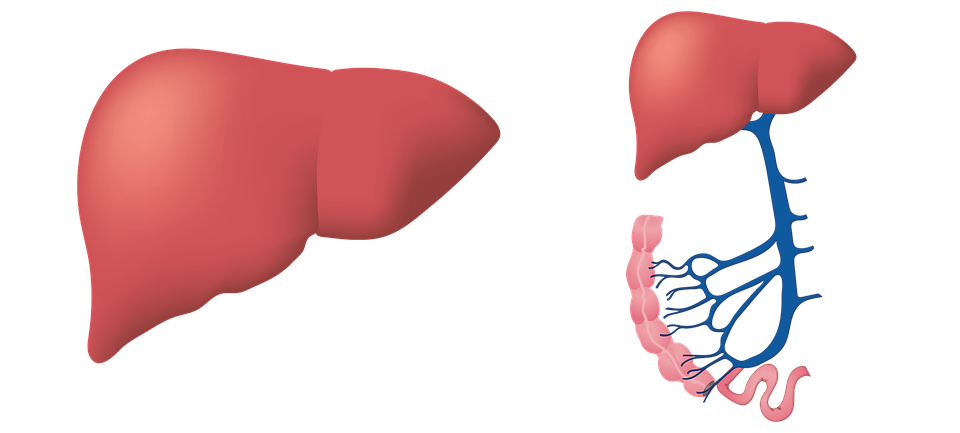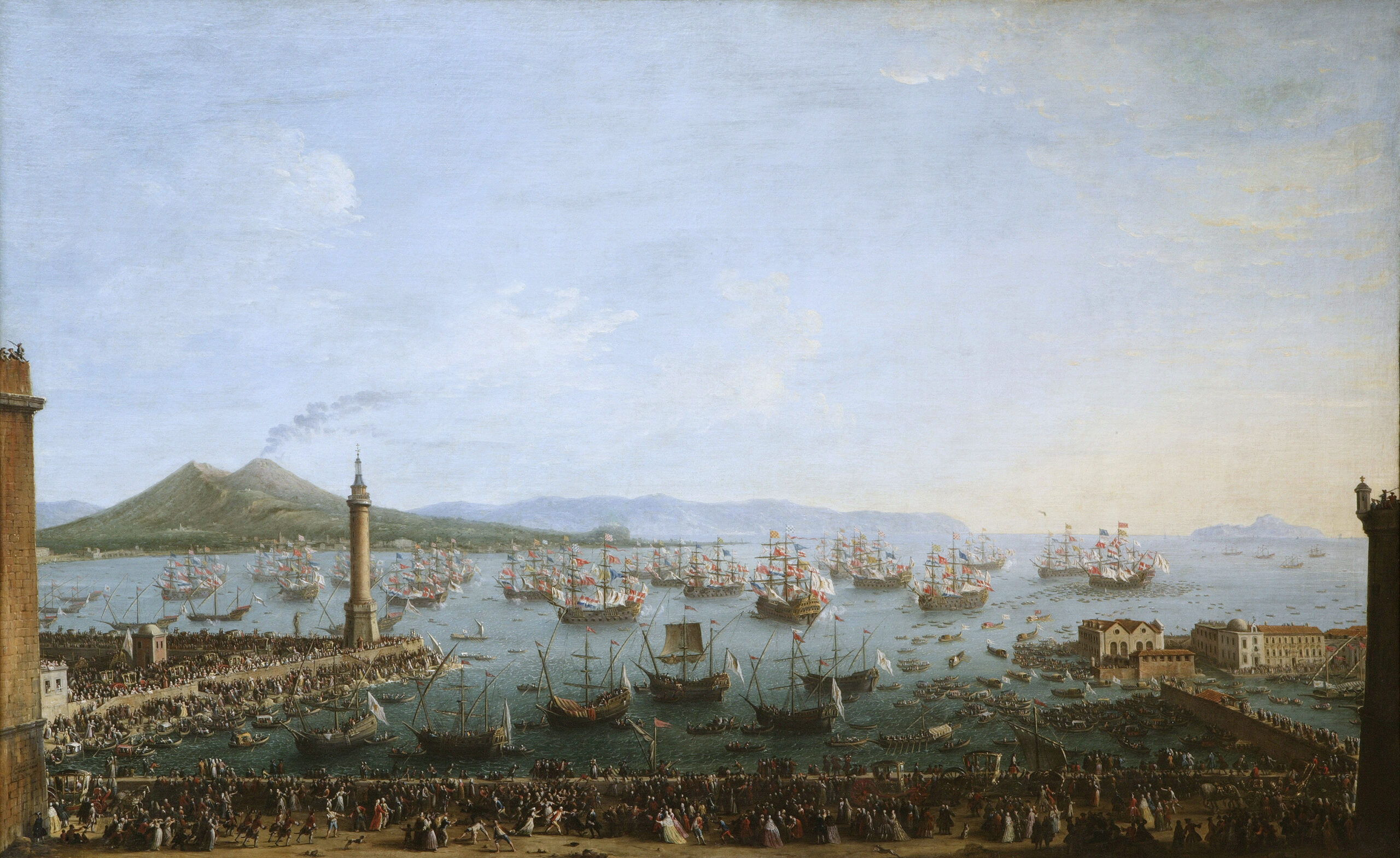Galen, (he was born in Pergamon in 129 A.D., and died in 201) devoted his life to the knowledge and dissemination of Medicine in the Greek world, passing on his knowledge until the beginning of the Renaissance.
Galenics, the art of drug preparation, which has remained a point of reference for all pharmacists, is named after him.
Galen consolidated his knowledge of Anatomy and Physiology by supporting the notion that a merely empirical Medicine could not have progressed and become culture without the cornerstones of science.
His knowledge took into account knowledge from the school of Hippocrates, the Aristotelian school, and the Anatomy scholars of Alexandria
Galen was highly critical of the lack of cohesion among the different schools of medicine of his time, thinking that over time that fragmentation would slow the progress of research and the spread of the most advanced knowledge.
When he was in charge of treating wounds and lacerations of gladiators he conducted careful studies of the damage produced by cuts in the limbs, observed the different times and modes of wound healing, and studied the function of nerves through the body and their sensitivity to pain from injuries caused by weapons.
He did research on healing plants, studied organs by dissecting animals, compared himself with theoretical scholars of Medicine and empirical experts of cures, always trying to combine the results in a system of always scientific approach.
Contrary to the prevailing thought of his time he came to the conclusion that the mind did not reside in the heart but in the brain, a very advanced scientific concept and a precursor to later debate on the issues of whether or not there was a soul in the human body.



